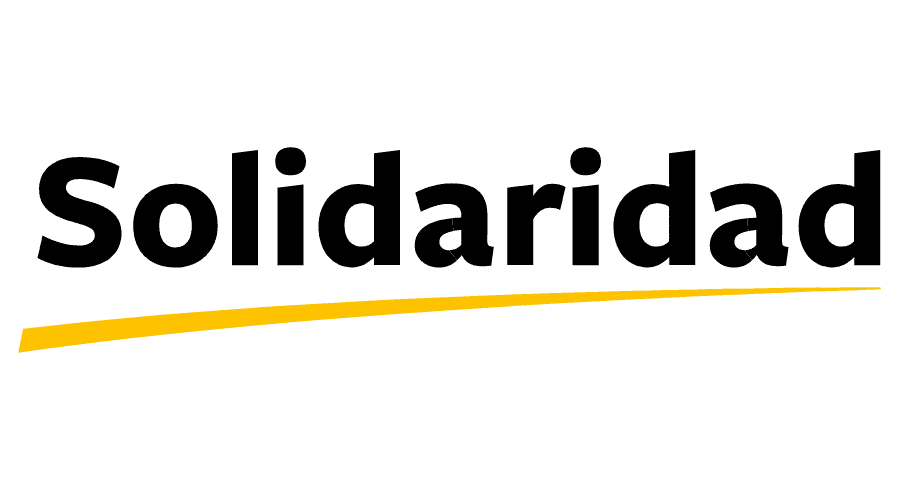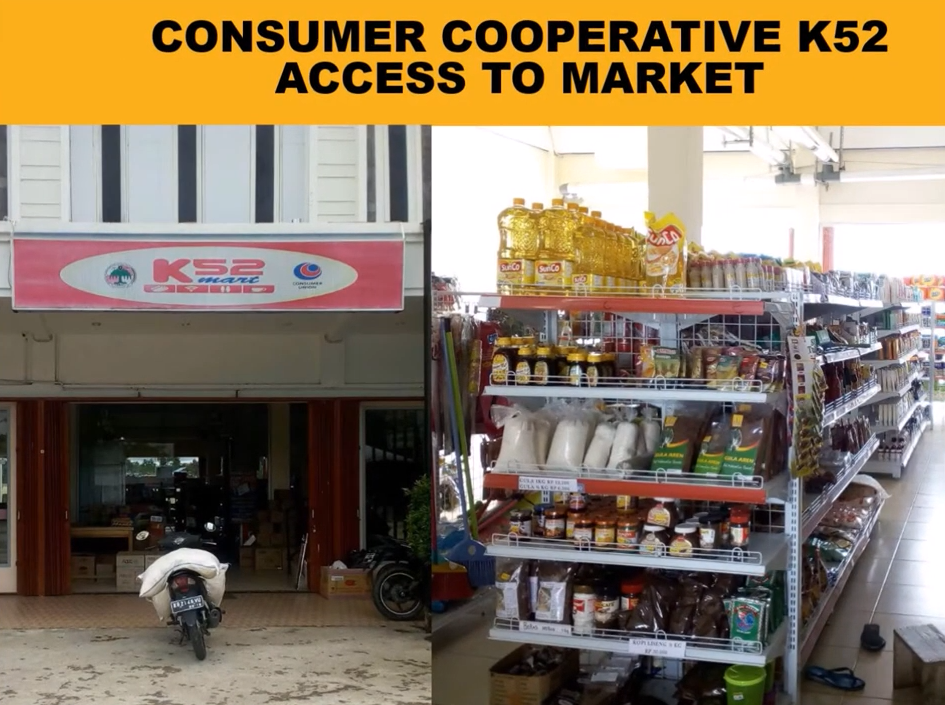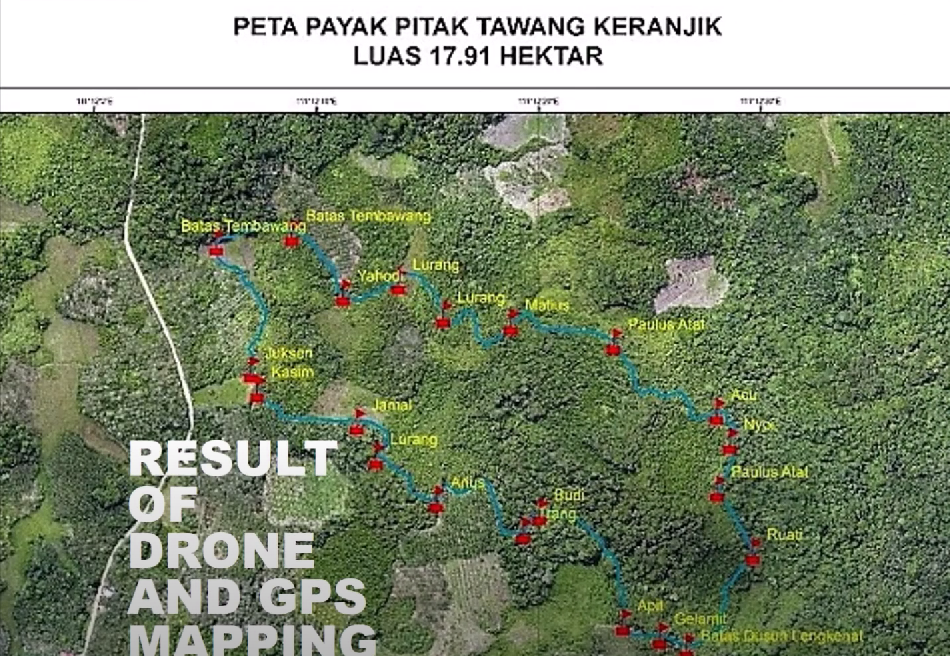Non-profit Organisations and the Community
Agency: RECOFTC – The Center for People and Forests
An international organisation with a vision of local communities actively managing forests in Asia and the Pacific to ensure optimal social, economic, and environmental benefits. ¹⁴³
Since 2005, RECOFTC has collaborated with more than 45 local, national and international organizations across the country. It helped facilitate the process to obtain 9 social forestry permits and supported the establishment of 10 social forestry entrepreneurship groups. It also provided training on sustainable natural resource management for more than 5,000 people are women. ¹⁴⁴
History ¹⁴⁷
Coffee has been the source of the community's livelihood since the Dutch colonisation era. (1600s)
Located 1,200 metres above sea level, Arabica coffee is suitable to grow in their land.
Process ¹⁵¹
Developing training and extension programmes. ¹⁴⁸
Developing capacities and skills of trainers and farmers. ¹⁴⁹
Developing social forestry models. ¹⁵⁰
New Skills, better products ¹⁵³
RECOFTC spent years building partnerships with local communities, forestry and agricultural officials, the local university and civil society.
They worked together to obtain land permits for villagers,
The villagers were offered training in agroforestry and other sustainable farming techniques- increased ability to manage small coffee plantations and the quality of coffee improved.
Farmers joined a new cooperative to secure a better price for their beans and to break into bigger markets.
Marni, a member, says that she has learned good harvesting and processing techniques, such as picking only ripe, red berries and sorting them properly. She also knows how to care for her arabica coffee plants on the 3 hectares of land they grow.
“We know we have to plant more trees to shade the coffee plants, otherwise they won’t survive,” she says. “So we have planted jackfruit, mahogany and many other trees.” ¹⁵²
Improving landscapes, increased incomes ¹⁵⁴
Village forestry aims to safeguard forests by empowering indigenous people and other local communities to sustainably manage them and earn a living from their products.
In 2010, farmers from Bantaeng were invited to come together to learn about agroforestry. In meetings organized by RECOFTC, the local Hasanuddin University and others, farmers began to learn about sustainable ways of managing the land. Research commissioned for the farmers in 2012 used satellite images of local forests to show them how agroforestry could improve the landscape, while also increasing incomes.
Self-sustaining ¹⁵⁵
In the years that followed, farmers continued to meet to learn new practices and share lessons learned from working their coffee plantations.
They discussed ways of diversifying crops to become more resilient in the face of floods and droughts that threaten to become more frequent due to climate change.
Permits provide security ¹⁵⁶
Land conflict is a major problem in Indonesia and throughout the region. Often, marginalized communities and the state face conflict over forests they rely on to survive.
Without clear legal rights to land, farmers can be denied access to it at any time, making them skeptical of investing in sustainable farming methods. Securing tenure for the farmers was therefore essential to their success.
Action ¹⁵⁷
In Bantaeng, 3 villages have applied for permits under a national forestry policy aimed at reducing poverty and deforestation as well as ending such conflicts.
A lengthy, bureaucratic application process can be particularly challenging for communities who lack knowledge about government requirements. But through the support of RECOFTC and the university, the villagers were able to obtain permits for forest management in 6 months, granting them permission to manage forest parcels for 35 years.
-
With RECOFTC's support, the cooperative learnerd how to develop business plans and proposals to secure funding.
RECOFTC also facilitated meetings when the Cooperative pitched its proposals.
Business risk management trainings that focused on:
How to manage businesses.
Maintain good financial records
Product mapping
Identify products suitable to the local culture and society, legality of the business and the market.
RECOFTC connected the Cooperative to a source of capital lending - BLU in the Ministry of the Environment and Forestry.
-
As part of its mission, the Cooperative:
Promotes sustainable business practices and works with farmers to increase coffee production.
Raise prices for farmers and provide farmers with accurate information on the market (bargaining position).
For instance, the market information varies at each level: from the farmers, middlemen and the city (buyers), all the way to the exporters.
Trading between producers (farmers),
Mentor the farmers on how they can optimise their coffee farms.
-
RAFT focused on strengthening community capcaity in developing community forestry businesses through the Market Analysis adn Development approach developed by FAO and RECOFTC.
Strengthened capacity through:
Training
Local facilitators recieve training on Market Analysis and Development which accompanies community business groups.
The training covers the process of selecting potential products, market access, business planning and start-ups.
Study Tours
Business groups can gain direct practical experience from businesses that have been successful and advanced, facilitating the development of their own businesses.
Access financial / loands for businesses
Helped groups access revolving funding schemes from the BLU (Public Service Agency) Center for Forest Development Financing to overcome the challenge of securing business loans.
Accompaniment
Coaching in preparing business plans and start-ups.
Policy
Social Forestry activities undertaken by the community need to be coordinated with the FMU.
As part of this program, the FMU Jeneberang II will be supported in formulating the Long-Term Forest Management Plan (RPJHP).
-
Formulation, stipulation and implementation of policies in the field of consolidating forest areas and managing the environment in a sustainable manner.
Enables beneficiaries to access loans and schemes easily, avoiding high-cost economies.
Providing social and economic infrastructure to strengthen local institutions, especially for those with access to forest resources, to increase the economic efficiency, and develop value-added products from forests.
Training on Cooperative and Micro, Small, and Medium Enterprises (MSME) Business Start-Up in South Sulawesi. ¹⁶³
RECOFTC- The Center for People and Forests Logo ¹⁴²
Financial Management Flow Chart ¹⁵⁸
Agency: Solidaridad
International civil society organization with projects in 40 countries including Lampung, Indonesia. ¹⁶⁴
Programme: Sustainable Palm Oil Projects for Smallholders.
Goal: To increase productivity on smallholder’s plantations (smallholders who own or cultivate farms less than 2 hectares) ¹⁶⁵, without violation of the remaining natural lands and to certify them under Smallholder Standard for Roundtable of Sustainable Palm Oil (RSPO) for those cultivating palm oil plantations. ¹⁶⁶ ¹⁶⁷
Process: Through farmer training on Good Agricultural Practices (GAP). land monitoring and introduction of better seed stock. ¹⁶⁸
Solidaridad and partner Credit Union Keling Kumang (CUKK) trains farmers in: ¹⁶⁹
Good Agricultural Practices (GAP) ranging from on-farm planning to planting to harvest management. Establishing farming techniques that meets environmental and sustainable standards (Independent Smallholder Standards, ISH).
Financial and business management. This would allow the smallholders to learn how to save expenses for the next replanting period. ¹⁷⁰
Training farmers on good farming practices like making organic fertilisers. ¹⁷¹
Farmer Field School ¹⁷²
Solidaridad and partners (CUKK and Pupuk Kaltim) sets up demonstration plots for various growths of palm oil plantations.
With Solidaridad’s experience in India, they were able to bring suitable seed mixes and compost mix for Lampung’s soil.
Farmer's field school to teach smallholder farmers sustainable practices needed for RSPO certification. ¹⁷³
Importance of getting RSPO Certification for Smallholders.
Benefits ¹⁷⁴
Improved management practices.
Increased yield.
Better access to markets to sell their palm oil produce.
Receiving start-up support.
Farmers recieving forest mapping and management training. ¹⁷⁵
Direct Access to markets through K77 and K52 ¹⁷⁶
After being certified, smallholders who own mills that produce palm oil and palm oil kernels can sell at K77 and K52 outlets directly.
Palm Oil products on display at local marts. ¹⁷⁶
Steps for RSPO Certification ¹⁷⁷
Solidaridad supports and assists smallholders to be certified under RSPO.
To establish an Internal Control System (ICS) and Group Manager Appointment. Group members under the group manager are various smallholders . Group managers have to attain the relevant data of the smallholder’s plots (mapping, palm oil planting years, and/or land registration documents). They are also responsible to brief members on their commitment to the RSPO certification.
STEP 1
Mapping
Smallholders involved in a process to map the forests, using both ground mapping and drones. They are to be trained in the use of GPS devices to directly assist in mapping their own farms. Devices and training provided by Solidaridad. ¹⁷⁸
Once mapped, a plan to manage the surrounding forests was developed and agreed to in a series of workshops attended by farmers, village leaders and religious leaders. Mapping also allows the program to assess the potential of the plantations and adjacent forests. The goal is maintain the balance of nature. ¹⁷⁹
Solidaridad also brings in RSPO to teach trainers under Solidaridad on Standard Operating Procedures, management plans and how they can update records of the plantation’s activities. Presents vital components required by the RSPO Independent Smallholder Standards such as audits and checklists for RSPO certification.
STEP 2
Providing direct training from the certification group increases the chances of certification. ¹⁸²
Provide clear and sufficient information for the RSPO membership application. To understand and adhere to the RSPO Membership Rules and annual membership payment.
STEP 3
The ICS committee to conduct an internal audit as a pre-audit assessment. Key documentation includes: Preparation by the group Stakeholder/Public consultation Announcement meeting Inspection of documents. (Field work sampling, following up on non-compliances, continuous improvements done by the smallholders)









